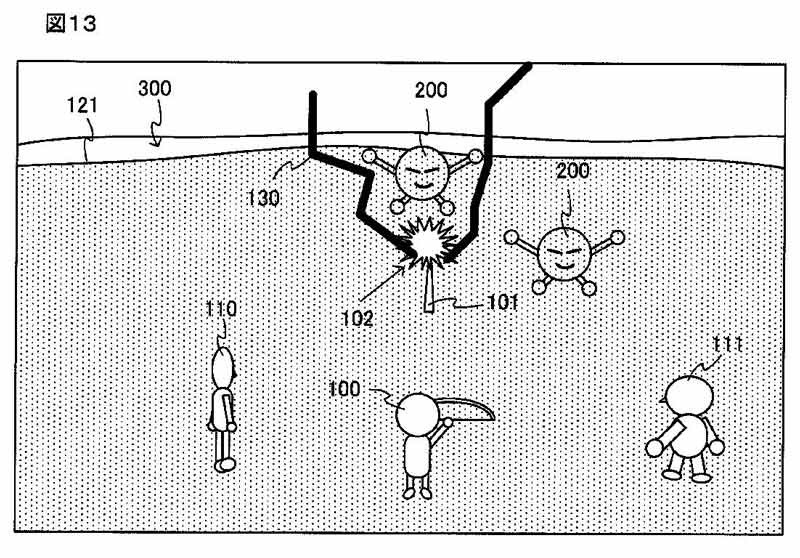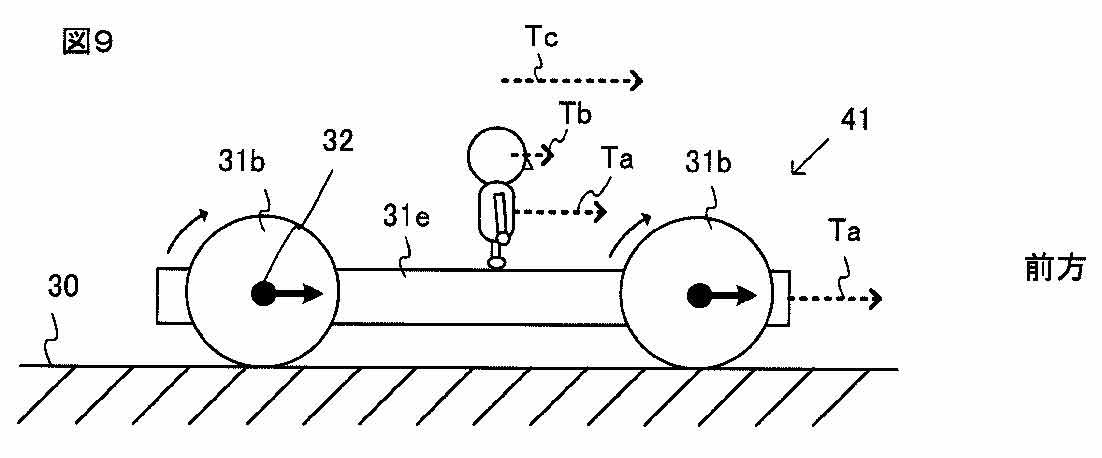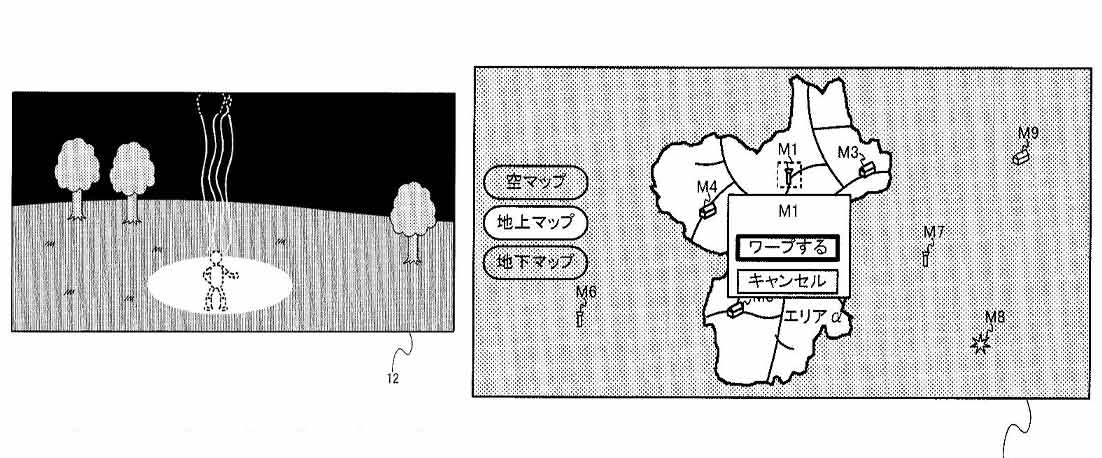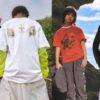Almost two years after Nintendo outed a bunch of Link’s new abilities in The Legend of Zelda: Tears of the Kingdom early via a patenting spree, even more patent filings have materialised relating to the game – including a few fairly questionable claims to some pretty innocuous features.
As reported by Automaton Media, a heap of Nintendo’s registered patents relating to Tears of the Kingdom, not previously made public, have surfaced and reveal that the company went pretty hard on locking down some of its ideas and concepts for the game.
Some of these, like companion character Riju’s lightning attack, seem heavy-handed but at least somewhat specific to the game. Others though, point to some interesting under-the-hood stuff that shows some classic Nintendo ingenuity, but that you might not think could or should be patented.

One example is the way that the game calculates Link’s own movement when standing on a moving object. As revealed by a patent for this very specific circumstance, the game skirts any potential weirdness in an already physics-heavy game by not calculating Link’s movement based on his physical interaction with the object – instead the dynamic movement of the object he’s standing on is simply applied to Link as well.

One of the spicier patents uncovered though, relates to Tears of the Kingdom’s loading screens, which occur during fast travel and dynamically depict the player’s original position on the world map before transitioning over to the new position as the new area loads in. It’s something most players would barely take notice of, and even when they do would hardly expect it to be a groundbreaking feature – but it’s something Nintendo is seemingly protective of enough to want to legally lock it down.

Automaton points out that, in a study by Patent Result, it was found that Nintendo’s patents had been cited as ground for rejection of other companies’ patents in a whopping 180 cases during the year 2022, and a large number of the company’s filings are related to Tears of the Kingdom.



